THAI NGUYEN Lychee sticky rice and On Luong organic tea are famous specialties that when enjoyed, people miss the flavor of the village even more.
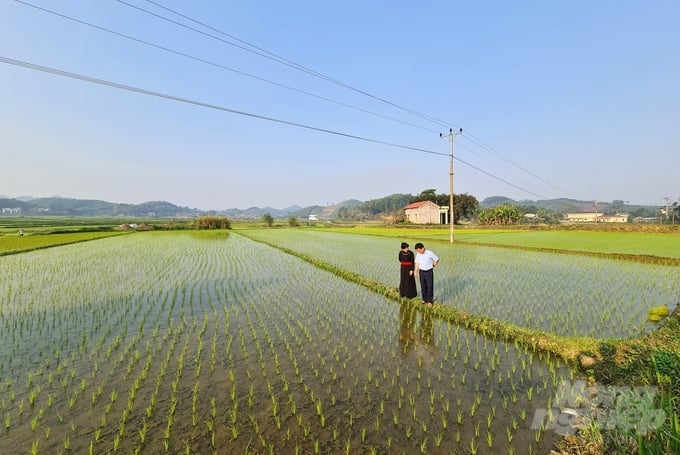
On Luong lychee fields are hundreds of hectares wide. Photo: Dao Thanh.
Village clings to fields, fields preserve sticky rice and lychee varieties for the village
We visited On Luong commune (Phu Luong district, Thai Nguyen province) when the vast fields were covered with green On Luong sticky rice. In recent years, people have been aware of restoring the traditional sticky rice growing area of their ancestors to pass on their original culture. From that original culture, it has become a commodity product, increasing income and feeding the people. It is called sticky rice because when ripe, the sticky rice has red grains like ripe lychees.
Ms. Nguyen Xuan Hue , Deputy Director of On Luong Lychee Agricultural Cooperative, welcomed us with a cup of fragrant lychee wine. That scent brought us closer to her story of hard work in preserving the precious sticky rice variety.
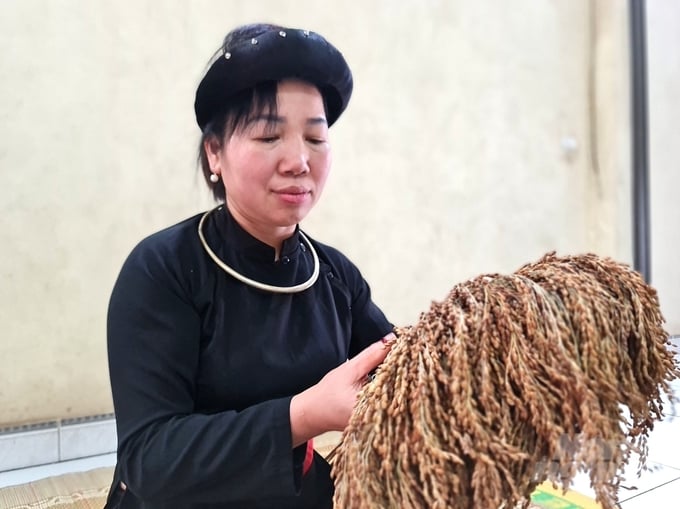
Ms. Nguyen Xuan Hue, Deputy Director of On Luong Lychee Agricultural Cooperative. Photo: Dao Thanh.
Ms. Hue said that sticky rice from her hometown was delicious, but there was a time when it was unsalable. Many households abandoned their fields to work as factory workers in Thai Nguyen City and neighboring areas. Looking at the rice seeds that were not sown in the fields but were left hanging in the kitchen loft, the fields were overgrown with weeds day after day, she felt sad...
During village and commune meetings, she heard district and provincial officials say that delicious sticky rice like that in Thai Nguyen is very rare, and preserving the delicious rice variety not only preserves the variety but also preserves the cultural roots of the village. So she and the members of the cooperative determined to grow and restore that precious rice variety. Many villagers said she was reckless and foolish. Because working as a worker does not require dirty hands and feet, clean clothes and money. If she works hard in the fields, only a few kilos of sticky rice are produced each year, and the rest is uneaten and no one buys it, where will she get the money to cover her living expenses?
Knowing the hardships, she still did it. And when the passion seeped into her, the scent of On Luong sticky rice and lychee trees spread from the rice fields next to the bamboo hedge at the village entrance to the fields next to the national highway, all green and rustling.
Ms. Hue said that the biggest advantage of the cooperative is that when participating in fair booths in the province and neighboring provinces, it is free. Therefore, she has approached many potential customers, many of whom have ordered tons of rice from the cooperative. She realized that the glutinous rice variety of her ancestors can be sold and used for economic purposes , so why abandon the fields and lose the good rice variety that has been passed down for generations?
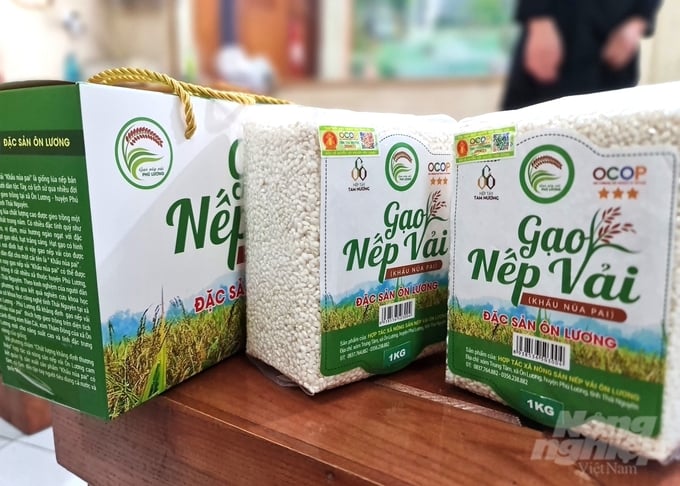
On Luong sticky rice - a famous specialty sticky rice of Phu Luong district and the whole Thai Nguyen province. Photo: Dao Thanh.
The diligence and determination of Ms. Hue and the members of the cooperative are rewarded with awards every time her village's sticky rice is brought to competitions in and outside the province, winning high prizes. When it has a brand and achieves the OCOP star, the price of On Luong sticky rice has increased from 20,000 to 25,000 VND/kg to 50,000 VND/kg. In 2023, the cooperative will purchase and release about 20 tons of sticky rice to the market.
For the past four years, every year, the rice fields in On Luong have been planted with lychee glutinous rice. In the early fourth lunar month, villagers sow rice seedlings and transplant rice in June. The hundreds of hectares of rice fields are fertilized with organic fertilizers and are not sprayed with chemicals.
On Luong people told each other that if they sprayed pesticides, they would not be able to get rice to soak in wine by early September. From selling the rice, some households earned tens of millions of VND per sao. By mid-September, On Luong entered the season of young rice, a famous delicious young rice variety that brought people an income of about 4.5 million VND per sao. In early October, the ripe rice with lychee color was also the peak harvest time, with an average of 2 million VND per sao.
Ms. Hue said that all that hard work has helped the price of sticky rice and lychee increase, helping the village to stick with the fields, and the fields to preserve the breed for the village. That is the biggest price for the Tay people who love their hometown. Then she smiled, the smile seemed to hide the sadness in her eyes as she looked at the village fields. In the distance, the young rice fields were still green...
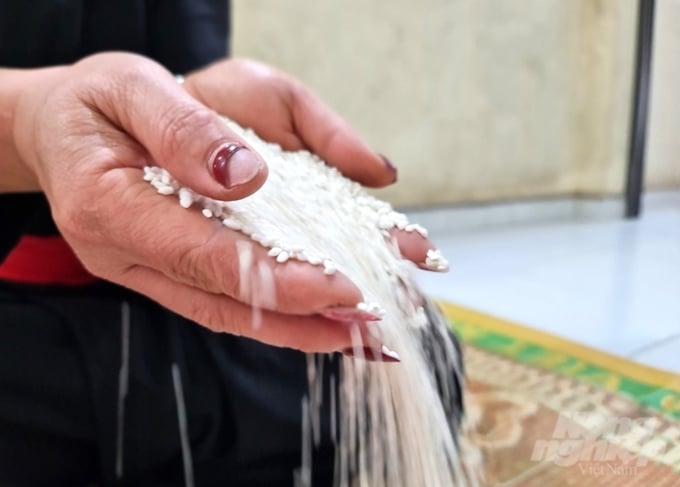
On Luong sticky rice has a very long lasting stickiness and aroma. This is the ingredient to make the famous Bo Dau Chung cake and On Luong Giay cake. Photo: Dao Thanh.
OCOP stars are born from organic soil.
The second lunar month, the traditional Tet flavor is not far away, the festival season still lingers in the villages of Phu Luong. Carrying that festive atmosphere, people forever remember the flavor of On Luong lychee through five-color sticky rice dishes, through fragrant sticky rice cakes... And the ancient organic tea in On Luong is also remembered by people.
Mr. Tong Van Vien, Director of Phu Luong Agricultural Cooperative, welcomed us in a newly built traditional Tay stilt house. He built the house so that the younger generation like him and after him would remember the soul of their Tay ethnic group. With the same idea, for many years he has kept the ancient organic tea plantations as if to preserve the cultural quintessence of the mountains and forests.
The tea Mr. Vien poured for me was very special, with a light aroma, a bit rich and sweet aftertaste. A colleague of mine has spent his whole life enjoying Thai Bao tea. Mr. Vien's tea has the scent of Tan Cuong tea but is a bit strange, if you pay attention you will notice. Mr. Vien nodded, because in his 20 years of making tea, he had a period of working and being attached to the specialty Tan Cuong tea region.
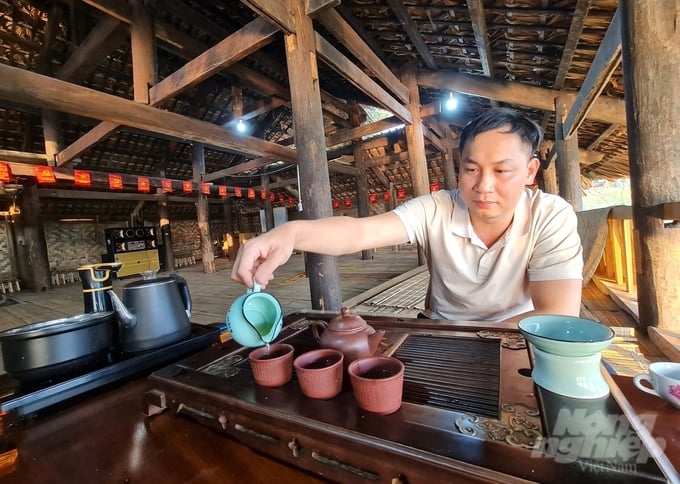
Mr. Tong Van Vien, Director of Phu Luong Agricultural Cooperative. Photo: Dao Thanh.
The difference that creates the unique quality of On Luong tea lies in the fact that all organic fertilizers are made by Phu Luong Agricultural Cooperative, so they can proactively decide what to compost and in what proportion to fertilize the tea plants with enough nutrients, creating the best tea.
Mr. Vien said that there are types of tea like morning dew tea that cost several million VND/kg, but the care, harvesting, and processing require more elaborate care. The raw materials for this type of tea must be taken from organic tea gardens that are 20 years old or older, and must be picked between 5 and 8 am, before the morning dew has completely evaporated.
I asked: Why are you determined to make organic tea despite many difficulties? Mr. Vien replied: Looking at the tea hills for many years, people have been fertilized with inorganic fertilizers, sprayed with chemicals... causing the soil to gradually deteriorate, the tea to lose its nutrients, the quality to decrease, the color and flavor of the old tea to disappear. Because of greed for money, many people add flavorings and by-products to the tea...
Mr. Vien thought that the hasty needs of people for productivity and livelihood had made the land suffer, made the land infertile, and damaged the land. He had to do something different, he could not continue to destroy the land. Since 2015, he has been determined to heal the land and pursue organic farming methods.
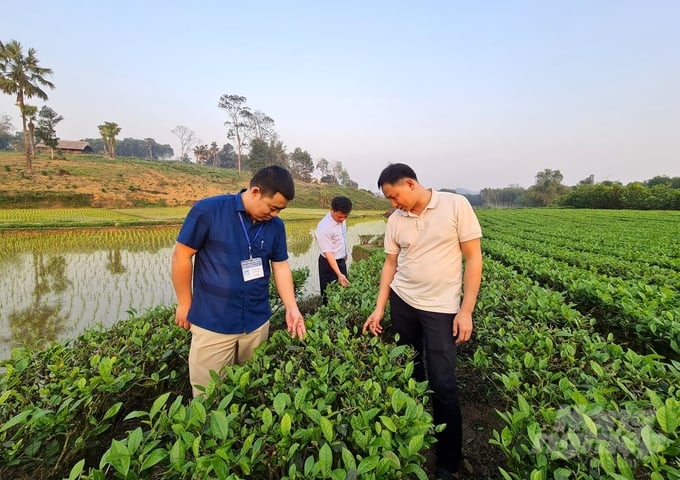
20-year-old organic tea growing area of Phu Luong Agricultural Cooperative. Photo: Dao Thanh.
To make organic tea, Mr. Tong Van Vien's cooperative established a separate workshop specializing in collecting manure, agricultural by-products and biological products, then composting them, then fertilizing tea and rice gardens. The cooperative has agricultural engineers who work closely with households, advising people on safe organic tea cultivation techniques in associated areas. The cooperative provides organic fertilizers and biological products, then consumes the products for the people. Currently, the cooperative's raw tea area has 70 hectares of production according to organic standards, VietGAP.
After more than 10 years of farming, Phu Luong Agricultural Cooperative has established its brand and position in the market. Currently, the Cooperative produces about 100 tons of tea per year, supplying the markets of Thai Nguyen, Bac Giang and 20 northern provinces/cities.
The Cooperative has 3 tea products that have achieved 4-star OCOP. Because of the advantage of organic farming, the Cooperative is also the only unit with 2 tea products selected to compete for 5-star OCOP of Phu Luong district in 2024, including Huong Que hook tea and Huong Que shrimp tea.
Source


![[Photo] High-ranking delegation of the Russian State Duma visits President Ho Chi Minh's Mausoleum](https://vphoto.vietnam.vn/thumb/1200x675/vietnam/resource/IMAGE/2025/9/28/c6dfd505d79b460a93752e48882e8f7e)

![[Photo] The 4th meeting of the Inter-Parliamentary Cooperation Committee between the National Assembly of Vietnam and the State Duma of Russia](https://vphoto.vietnam.vn/thumb/1200x675/vietnam/resource/IMAGE/2025/9/28/9f9e84a38675449aa9c08b391e153183)


![[Photo] Joy on the new Phong Chau bridge](https://vphoto.vietnam.vn/thumb/1200x675/vietnam/resource/IMAGE/2025/9/28/b00322b29c8043fbb8b6844fdd6c78ea)
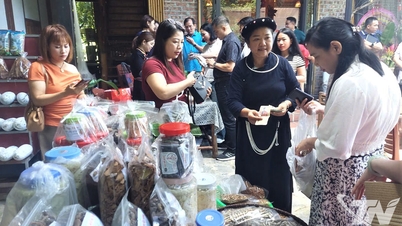


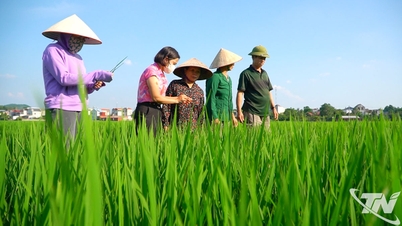

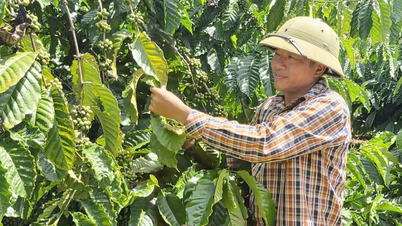





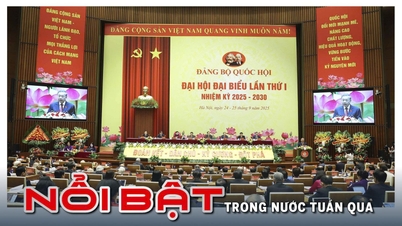


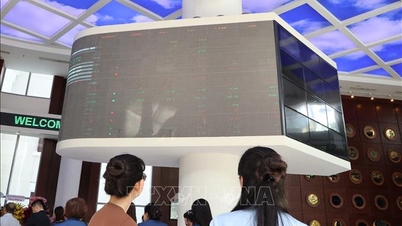

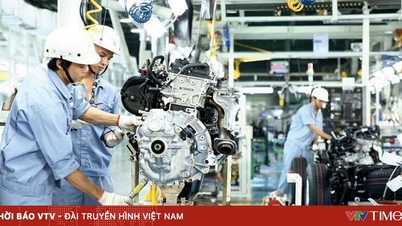





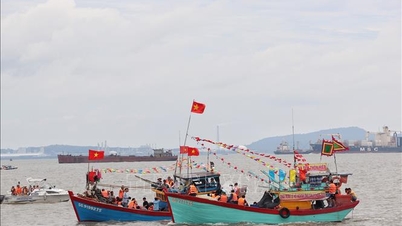

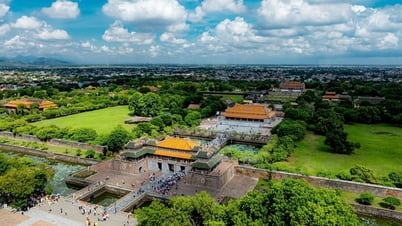

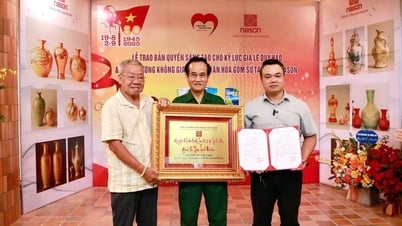
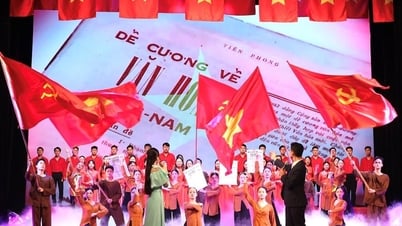




















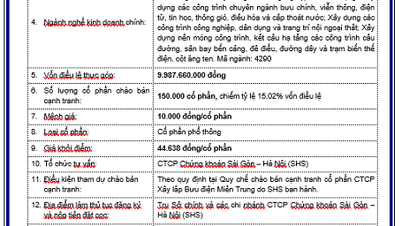

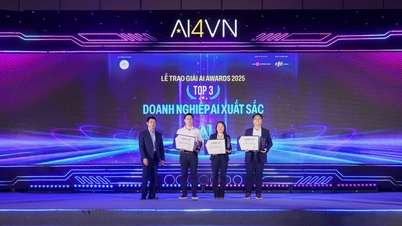














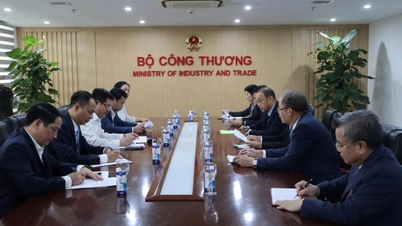














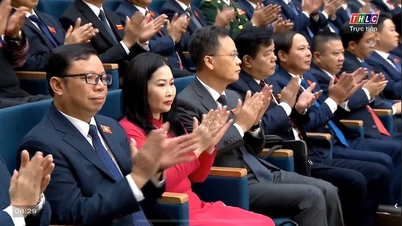















Comment (0)